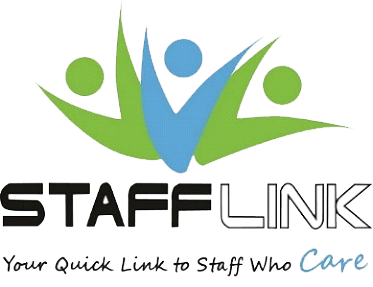Yes, Your Loss Matters: Accepting the Experience of Grief

Written By: Amy Neu, MSW, LCSW
“We are all dealing with the collective loss of the world we knew. The world we knew is now gone forever.” – David Kessler
Lately in my practice, I have been hearing clients describe their surprise in feeling mixed emotions upon reunification with their loved ones. Yes, they are experiencing happiness from first hugs, appreciation for healthcare providers and vaccines, and relief that they have made it through to this point. Yet other emotions are emerging too: feelings of anger that they have been separate for a year, sadness for lost time and everything they missed, guilt for what was done or not done, and questioning if things could have been handled differently. Put simply they, like many of us, are experiencing grief.
“Wait, I can’t be grieving, because my loved ones are alive!” you may be thinking to yourself. When the word “grief” comes to mind, the word “death” is often labeled as the root cause. Yet grief is a reaction to much more than death. Anytime there is a major change or loss in our lives (for the better or worse), a period of grief often follows. There is a general consensus among therapists that there are five traditional stages of grief: denial, anger, bargaining, depression, and acceptance. A sixth stage has been proposed recently, by grief expert David Kessler, which he calls “finding meaning.”
Many people hear about these stages of grief and expect to move through each stage individually and gradually end at
acceptance. However, grief is not structured as we would hope for it to be. The stages of grief were not proposed as a linear experience, and are not meant to be experienced as such. Rather, these stages are meant for people to better understand each emotion in greater depth and give language to the emotion they may be feeling. It is also common to hear people identify several emotions they may be experiencing at once during any given day of mourning.
Grief is unique to each individual; there is no right way to grieve. There are, however, helpful messages to keep in mind as you move through your grief:
- Your loss matters. It is tempting for us humans to compare our grief and situation to another’s, often in an attempt to minimize our own grief or deny ourselves the “right” to grieve. We long to think ourself out of our grief in order to fast-forward or skip the pain that grief brings to us. In these situations, remind yourself that YOUR loss matters. Your feelings are valid, and you deserve space to heal.
- Practice self-compassion. We are worthy of care and kindness. Many of us are much more compassionate to
others than we are to ourselves. Self-compassion is essentially giving ourselves the same support and understanding we would extend to someone else. For example, practicing self-compassion can look like treating yourself like you would treat your best friend. Ask, “What would I tell a friend if they were going through this experience?” Then, apply that message to yourself. - Take care of your physical needs. Often when we are experiencing changes and grieving, taking care of ourselves can feel like an effort. Furthermore, appetite and energy are often affected in the short-term. While we may not feel up to caring for ourselves as we usually do, it is important to be sure we are eating, drinking water, exercising, and getting rest regularly. Many people find a simple schedule helps them stay on track with meeting their self-care needs.
- Be patient. It is so hard for many of us to stay present while we grieve. We wish either to go back and be able to
change things in the past or to skip ahead to a future time when the pain doesn’t hurt us so much. When you catch yourself wishing for one of these options, please remind yourself to stay patient. We must give ourselves permission to stay in the present; the only way to move through the grief is by experiencing it and honoring what we need in the present-day.
We have been through so many changes and challenges the past year. As we begin to reunite with those we love, we also uncover the grief in transition. It is necessary to be patient, supportive, and understanding with ourselves as well as others. If you or your loved one would benefit from speaking with a professional, please contact us at 314-275-8599 to discuss your needs and how therapy can help.
Click here for other articles by Amy Neu
- StaffLink Celebrates 38 Years in Business! - March 30, 2025
- What Is the Hourly Cost for Home Health in 2025? - March 12, 2025
- Seeking Retirees and Mature Persons to Provide In-home Care to Seniors - February 26, 2025
